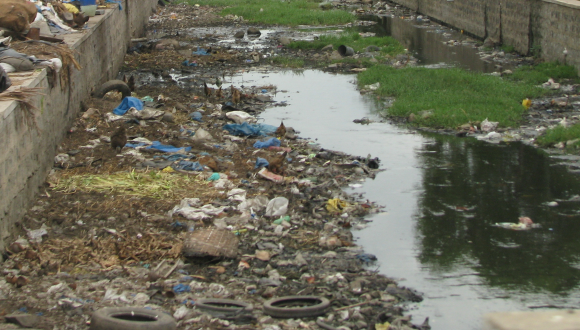Judea and Samaria – Environment in the Vise of Geopolitics
A conference focusing on the complex environmental problems in the West Bank brought together green groups and government officials
The conference, initiated by several green groups and hosted by the Porter School of Environmental Studies, aimed to address pressing environmental hazards in the West Bank and their effects on the wider region, based on the basic understanding that environmental issues are cross-boundary and cannot be addressed by one side only. The main problems discussed include: The lack of Palestinian sewage treatment plants which results in raw sewage discharged on a regular basis into the rivers of the West Bank (such as the Kidron, Prat, Alexander, and Hebron Rivers), carrying the pollution across the 'green line' as well as contaminating groundwater in the area; pirate landfills; pollution from pirate gas stations and industry; and development initiatives that may threaten open areas and nature reserves. All these problems are magnified by the fact that the West Bank is divided into areas A, B and C, each with a different governance status.
While the conference aimed to set aside political differences and to focus on environmental aspects only, it was not possible to completely disregard the basic differences in point of view between some of the speakers and representatives of the different organizations. Disagreements also arose between some of the speakers and the Civil Administration representatives, which focused on the achievements and improvements in the environmental conditions in the area, and presented their efforts to enhance enforcement and create solutions.
For further reading – see Jerusalem Post Article on the conference


